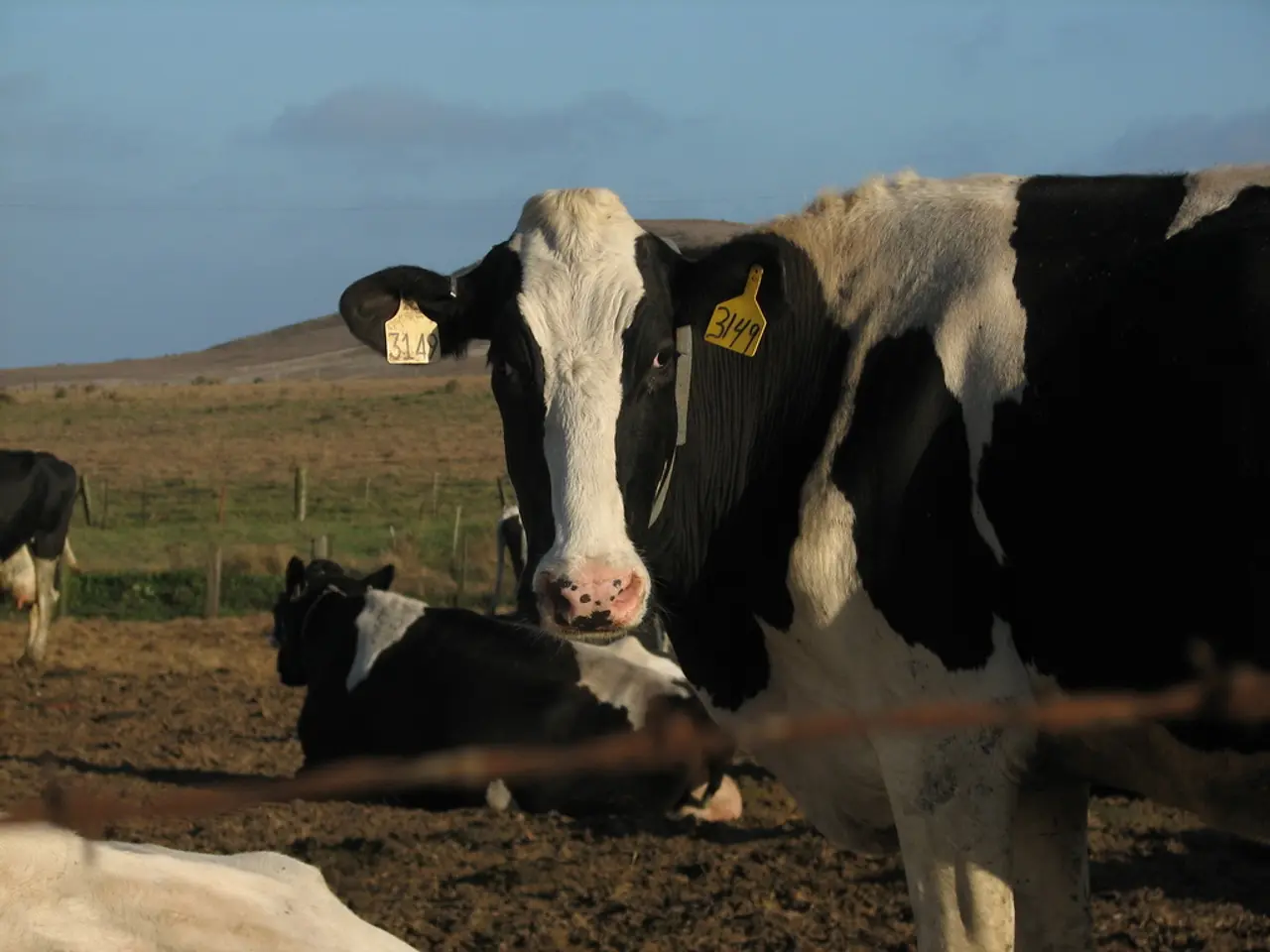Qureshis in Maharashtra have been on strike since June for a reason.
The Qureshi community in Maharashtra has been on an indefinite strike since June 14, halting the cattle trade across the state. The strike, which has lasted over a month, is a protest against harassment by cow vigilantes and alleged police inaction related to the enforcement of the Maharashtra Animal Preservation (Amendment) Act, 2015.
The act bans cow, bull, and bullock slaughter but allows buffalo slaughter under conditions. However, the community claims that despite following the law, vigilantes are disrupting even legal trade of buffaloes, frequently attacking traders, confiscating animals, and causing significant economic losses. This has led to the closure of over 200 cattle markets statewide, severely impacting the cattle trade and the rural economy connected to it.
The strike began in early July in Nagpur and has since spread to most of Maharashtra’s 36 districts. Traders in major cities like Mumbai and Pune are expected to join soon, leading to an acute shortage of buffalo meat in the market. Economic impact has been severe: roughly 2 lakh community members involved in cattle trade face huge economic losses, and farmers holding old buffaloes are unable to sell them, increasing their financial burden due to maintenance costs.
The All India Jamiatul Quresh Action Committee has been leading the protests and organizing meetings for future strategy. The community highlights rising harassment and mob attacks under the pretext of enforcing the law, including beatings, vehicle looting, and frequent illegal seizures of buffaloes, which are legally slaughterable animals.
Despite complaints, police actions have been perceived as biased: FIRs are reportedly filed against Qureshi members instead of acting against vigilante groups. Government ministers have asked the community to specify locations of harassment but no comprehensive official response or resolution has been publicly communicated yet.
The trade in cattle is an important aspect of the rural economy and provides financial relief to farmers in emergencies. The ongoing strike in Maharashtra has caused traders to suffer losses of over Rs 2,000 crores. The rural economy in Maharashtra, including leather manufacturing, animal bones and horns industries, and trade in items like nails, halters, and nooses, is facing an economic crisis due to the ongoing strike.
More than dozens of protests have been held in various districts, with the eight drought-prone districts of Marathwada being the epicenter of extensive agitations. The region, known for its high suicide rate among farmers, is facing additional challenges due to the strike. Low rainfall in the region makes it difficult for farmers to provide fodder and water to their farm animals.
India exported buffalo meat worth US $3740.53 million in 2024, making it the country with the largest population of milch animals, according to the ministry of commerce and industry at the Centre. Nitin Gadkari, the Union Minister for Road Transport and Highways, has asked a delegation of Qureshis to meet him in Delhi to understand the issues they are raising. Aarif Chaudhary, Maharashtra state president of the Jamitul Quresh, stated that the state government should ensure effective implementation of the animal preservation law and prevent harassment of traders.
The ongoing strike demonstrates the significant disruption caused by vigilante enforcement beyond the law’s intended scope, stalling legal buffalo trade and increasing economic hardship in Maharashtra’s rural cattle markets. The protest reflects deep tensions over the cattle trade regulations that affect the Qureshi community’s traditional livelihood and the broader rural economy dependent on buffalo trading and meat production.
- The economic hardships faced by the Qureshi community in Maharashtra, due to the ongoing strike, have extended to the finance sector as well, with traders expected to suffer losses of over Rs 2,000 crores.
- The issue of cattle trade and its impact on the community has also entered the political arena, with Nitin Gadkari, Union Minister for Road Transport and Highways, agreeing to meet a delegation of Qureshis to understand their concerns.
- Amidst the protests and strikes, the culture and lifestyle of the Qureshi community in Maharashtra have been significantly affected, with their traditional way of life under threat from the ongoing controversy.
- In the midst of the financial losses, the education and self-development of the community members have been impacted, as they face economic hardships, potentially affecting their ability to pursue education opportunities.
- The health of the animals being traded has become a concern, as the prolonged strike and disrupted trade have led to concerns about animal welfare and the quality of meat sold in the market.
- The strike has also had implications for the fashion-and-beauty and food-and-drink industries, as the absence of buffalo meat in the market has affected the production of certain food products and traditional dishes.
- The Indian industry, especially the leather manufacturing industry, has also been affected by the strike, as the trade in cattle hides and by-products has been severely disrupted.
- The ongoing strike has highlighted the importance of personal finance management for the community members involved in cattle trading, as they struggle to manage their finances in the face of significant economic losses.
- The strike has also had repercussions for relationships within the community, as tensions rise and disputes arise between traders and the authorities.
- The general news landscape has been dominated by the ongoing strike, as reporters and journalists cover the events unfolding across Maharashtra, with crime-and-justice being intertwined in the narrative as incidents of harassment and violence against traders are reported.




